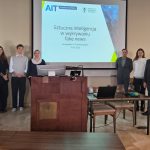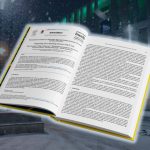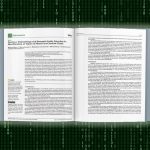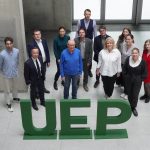
A research prepared by scientists from our Department was presented at Wiki Workshop 2025. The study delivers a comprehensive, topic-based analysis of Wikipedia articles across 55 language editions and employs an original approach that combines a citation index with a synthetic article-quality measure. A citation index was constructed by analysing 6.6 billion links between Wikipedia pages, enabling the identification of the most influential articles in each language edition.








